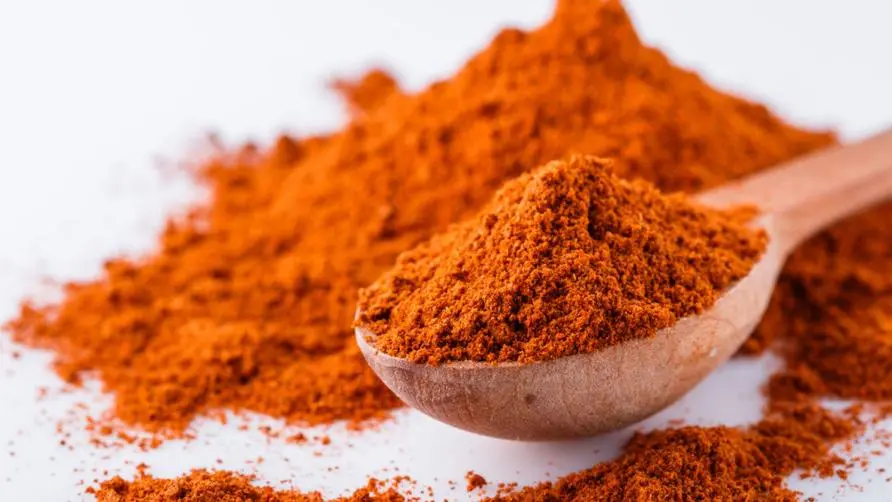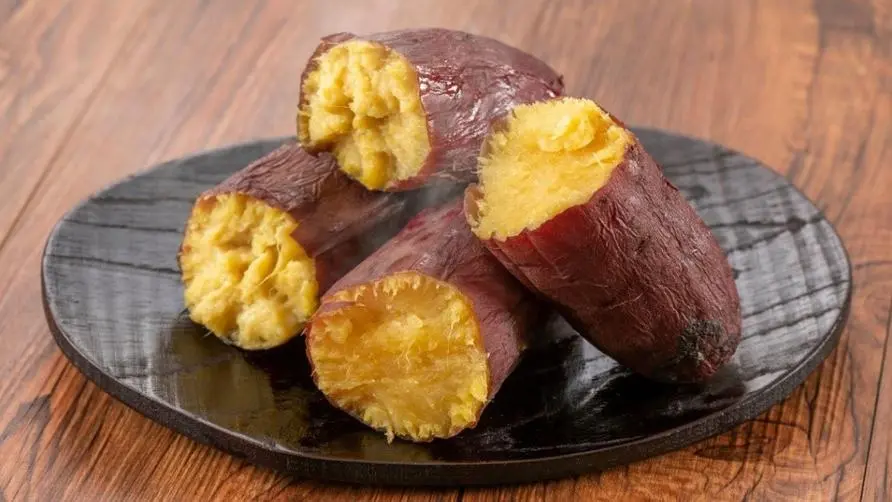"8 must-eat foods" to lower your body temperature in summer! "This food" perspires, relieves heat and has nutritional value

The high temperatures have soared above 36 degrees in recent days. If you do not take in water regularly or are exposed to the outdoor environment for too long, it may lead to dehydration, heat exhaustion, and heatstroke. What foods can be consumed in daily life to help regulate body temperature and relieve heat? Research shows that certain foods are indeed rich in water and have high nutritional value. If people feel that they don’t drink enough water and the heat is difficult to get rid of, they can try to eat the following 8 kinds of food:
1. Coconut water.
Research published in “Heliyon” points out that coconut water can help refresh your mind and promote body metabolism. It is rich in vitamins, minerals and electrolytes and is a good source of hydration. In addition, studies have also found that coconut water has antioxidant properties and can replace sugary drinks as a healthy drink source.
2. Mint.
Peppermint is known for its high menthol content and cooling properties that make people feel cool. Herbalist Rosalee de la Forêt said that peppermint and peppermint tea can effectively help cool down the body. In addition, mint has also been found to contain high amounts of minerals and vitamins such as magnesium, calcium, folate, potassium, copper, vitamin A, and vitamin C.
3. Buttermilk.
Buttermilk is the liquid that remains after milk has been made into cream. Research published in Science Direct states that consuming buttermilk may help cool down the body and improve metabolism. Plus, buttermilk is rich in probiotics, vitamins, and minerals, which can help restore your health if you’re exhausted from heat exhaustion.
4.Chili pepper
An article published by Harvard Medical School shows that consuming spicy foods such as chili peppers can help sweat and dissipate heat and further lower body temperature. In addition, peppers are rich in “capsaicin”, which sends thermogenic messages to the brain, causing sweating to occur more frequently than usual, which has the effect of dissipating heat and cooling the body.
5.Aloe Vera
Guidelines published by the U.S. National Institute of Health (NIH) point out that aloe vera is rich in gelatin layer, and its related products can help lower body temperature; the processed aloe vera pulp can be eaten as a daily snack. However, it is worth noting that aloe vera pulp or gel is irritating and is not recommended to be applied directly to the skin to prevent allergies or pain.
6. Watermelon.
Watermelon contains up to 92% water. According to guidelines published by the National Institutes of Health, watermelon’s high water content can help prevent dehydration and keep the body cool. Moderate consumption also has the effect of regulating body temperature; but please note that excessive consumption may cause gastrointestinal symptoms, such as diarrhea, discomfort, etc.
7. Lemonade.
Research in the journal “Plants” shows that lemons are rich in vitamin C and electrolytes. They are not only high in nutrients but can also help lower body temperature. The vitamin in lemon is a powerful antioxidant, which can help boost your energy and relieve the feeling of stuffiness in summer. Research suggests that half a lemon, a pinch of salt and half a teaspoon of sugar mixed with cold water can be a healthy drink.
8. Fenugreek.
The plant originates from the Mediterranean region, where it is often consumed as a tea. Research published in Science Direct shows that fenugreek tea helps with sweating and cooling the body. And it has the characteristics of lowering cholesterol, antibacterial, and promoting appetite.
The public is reminded that excessive intake of the above-mentioned foods is still not enough, and they should mainly consume boiled water, supplemented by thirst-quenching drinks, to promote good health. If you feel unwell, feel retching, have a fever all over your body and experience dizziness, headache, etc. while engaging in outdoor activities or working, you should immediately rest in a cool place and replenish water appropriately. In serious cases, you should seek medical treatment as soon as possible.
Source:
Further reading:





